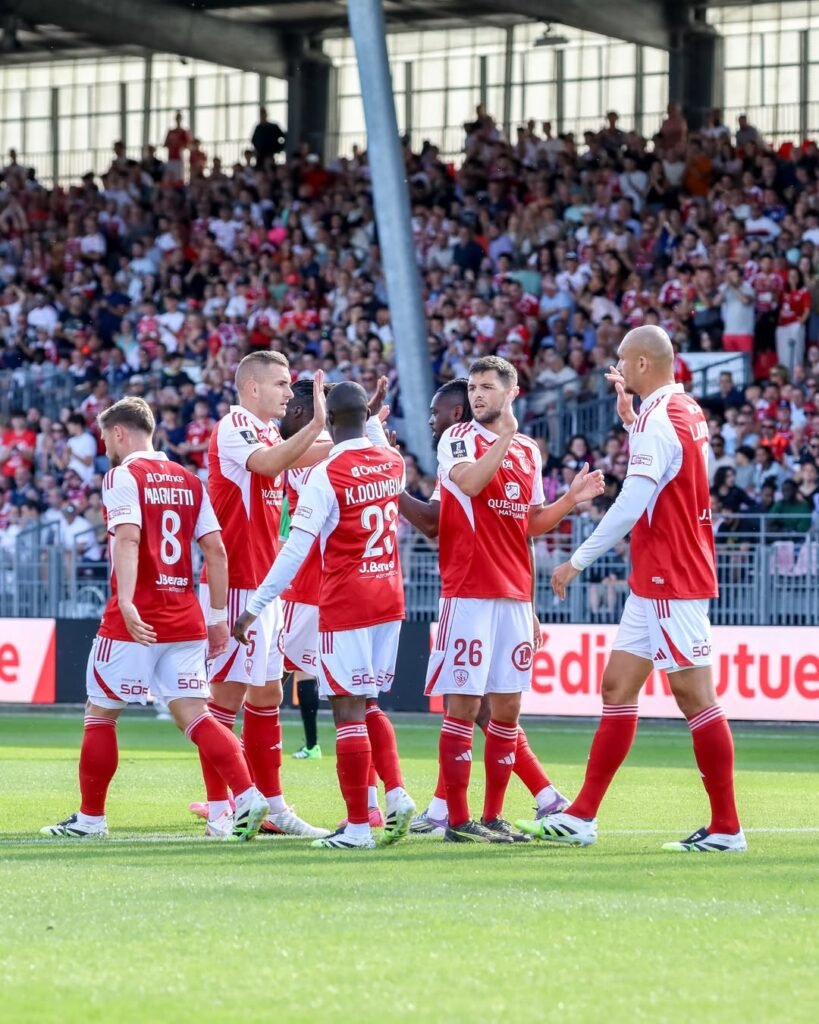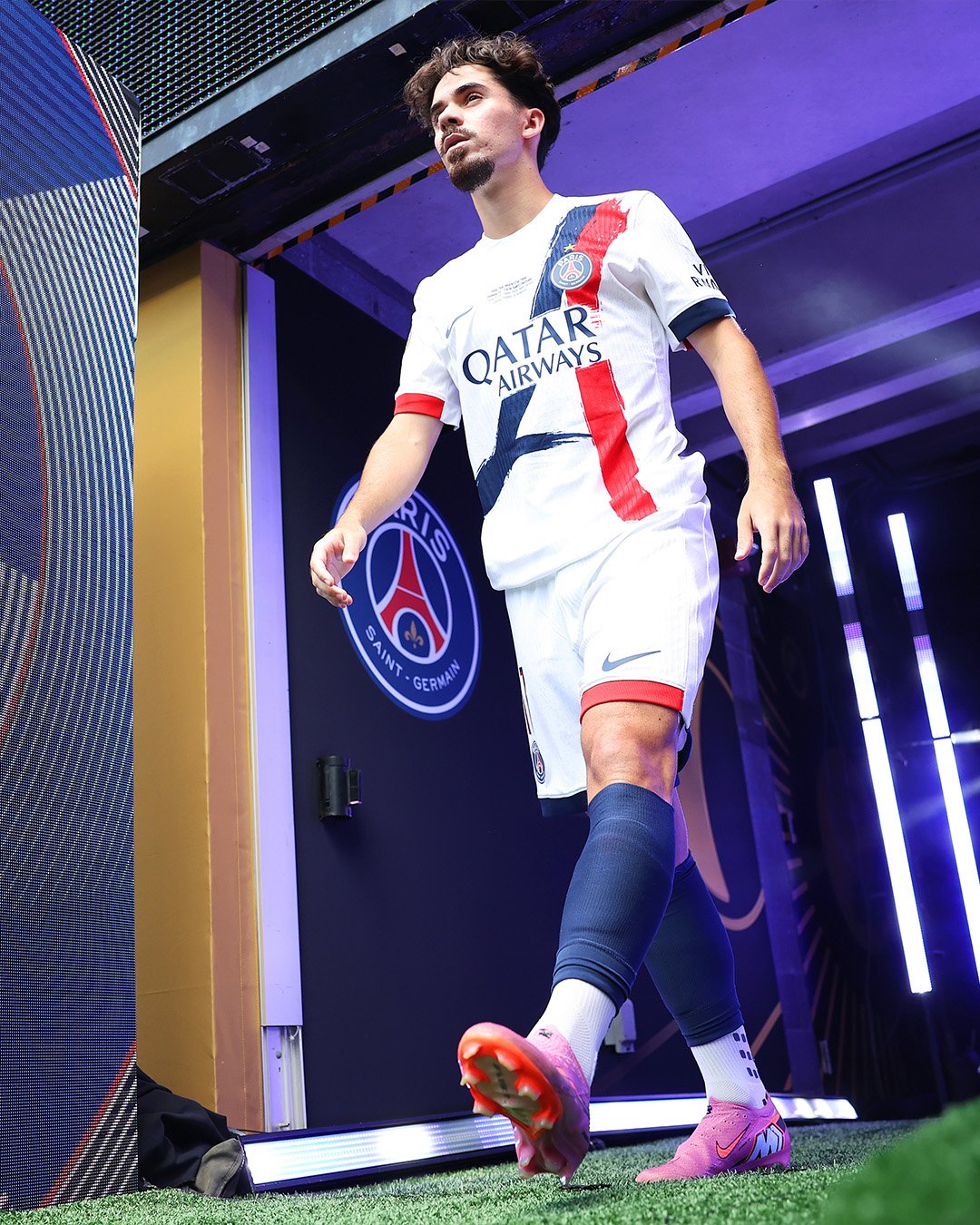The Parc des Princes witnessed a night of footballing spectacle as Paris Saint-Germain thrashed Stade Brestois, reflecting not only a gulf in class but a masterclass in squad depth and tactical nous. With lineups under the microscope and a scoreline that reverberated across Europe, fans and pundits have been left raving about both teams’ choices on the pitch.
Setting the Stage: Champions League Playoff Drama
Paris Saint-Germain hosted Stade Brestois on 19 February 2025 in the UEFA Champions League knockout phase. The French capital, buzzing with anticipation, saw 47,000 fans fill the iconic stadium for what would turn into a historic aggregate win for PSG. The context was compelling — Brest, making their Champions League debut, needed a miracle after a 3-0 defeat in the first leg. Yet, PSG’s starting eleven signalled their intent to finish the job and entertain.
PSG Starting Lineup: Depth, Star Power, and Form
Manager Luis Enrique named a robust side, blending world-class experience with emerging talent. Gianluigi Donnarumma started between the sticks, his reflexes vital for maintaining PSG’s defensive solidity. The back four featured Achraf Hakimi, Marquinhos (captain), Willian Pacho, and Nuno Mendes. Midfield control came courtesy of Vitinha, Fabián Ruiz, and João Neves, with each player adept at both breaking up play and initiating attacks.
The attacking trident — Désiré Doué, Ousmane Dembélé, and Bradley Barcola — brought a blend of pace, creativity, and lethal finishing. Dembélé, in particular, has taken Europe by storm, bagging 18 goals in just 12 games since the turn of the year. His form is the talk of the continent, and his link-up with Barcola and newcomer Khvicha Kvaratskhelia is developing into one of Europe’s most potent forces.
Stade Brestois Lineup: Courage Under Fire
Facing a daunting task, Brest manager Éric Roy fielded a side mixing seasoned campaigners and young hopefuls. The impressive Marco Bizot manned the posts, hoping his shot-stopping would keep Brest competitive. Defensively, Luc Zogbé, Brendan Chardonnet (captain), Lilian Brassier, and Kenny Lala formed a backline tested beyond their limits by PSG’s constant movement.
Midfield responsibilities fell to Pierre Lees-Melou, Hugo Magnetti, and Kamory Doumbia, each trying to disrupt PSG’s rhythm and launch counters. Up front, Romain Faivre, Ludovic Ajorque, and Mama Baldé represented Brest’s attacking ambition. Yet, injuries to key players like Jordan Amavi and Bradley Locko constrained Roy’s options.

Game Overview: Tactical Mastery Meets Ruthless Execution
PSG’s squad depth stood out from the outset. Barcola was the first to strike, followed by Kvaratskhelia, who marked his debut Champions League goal with class. The midfield trio controlled possession, giving the forwards countless chances. Vitinha, Doué, Mendes, and Ramos each found the net, with Senny Mayulu’s late goal capping a night of seven scorers for the Parisians — a Champions League record.
Defensively, Marquinhos marshalled his line with confidence, keeping Brest’s attacking efforts minimal. The introduction of fresh legs from the bench — Ramos, Kimpembe, Mayulu — maintained the intensity as PSG searched for more goals.
For Brest, the night was one of harsh lessons and future promise. Their attempts to build from the back and counter were thwarted by PSG’s pressing. Faivre and Ajorque found little room, and Bizot faced a barrage of shots.
Expert Insights: What the Lineups Tell Us
Football analysts hailed PSG’s selection as the template for success in modern European football: experienced internationals mixed with fearless youth. Dembélé’s form reflects not just individual brilliance but the system’s ability to unlock his talents. With Liverpool or Barcelona as possible next opponents, Enrique’s choices have set tongues wagging about PSG’s prospects of finally lifting European silverware.
For Brest, the adventure may have ended in defeat, yet Roy’s selection underlined the challenge faced by French clubs outside the traditional powers. Injuries and inexperience cost them dearly, but the blooding of young talents bodes well for future campaigns.
Looking Forward: What’s Next for Both Sides?
As PSG await the next Champions League draw, speculation centres on their adaptability when facing England’s Liverpool or Spain’s Barcelona, each posing unique threats. With the likes of Dembélé reaching new heights and squad rotations proving seamless, confidence in the French capital is riding high.
Brest, meanwhile, return to domestic action with lessons learned. The courage shown in their lineup, though ultimately outclassed, cannot be underestimated. Their focus now shifts to maintaining momentum in Ligue 1, where their blend of experience and youth will look to reap rewards for the season ahead.
In Closing
The PSG vs Stade Brestois match served as both a footballing feast and a lesson in top-level squad management. Lineups reflected ambition, strategy, and the realities of elite competition. While PSG’s eleven demonstrated why they remain Europe’s great entertainers, Brest’s selection was a reminder that dreams can wilt under the spotlight but nurture seeds of future hope. With British football eyes looking closely as possible future opponents of PSG, this contest offered more than just goals. It delivered drama, talent, and tactical intrigue to the heart of European football.
Tactical Analysis: Formation Breakdown
Luis Enrique deployed PSG in a 4-3-3 formation focused on high pressing and rapid transitions. Full-backs Hakimi and Mendes pushed forward, often overlapping with the wingers to stretch Brest’s defence. The midfield trio rotated seamlessly, allowing for both defensive cover and attacking support.
Brest opted for a 4-2-3-1, prioritising solid shape and quick counter-attacks. However, PSG’s pressing disrupted their rhythm, and the lack of support for lone striker Ajorque made it difficult for Brest to capitalise on attacking opportunities. Doumbia and Lees-Melou showed moments of promise in midfield, but struggled to match PSG’s intensity and passing accuracy.
Conclusion:
The PSG vs Stade Brestois clash was a showcase of Paris Saint-Germain’s dominance, depth, and tactical organisation. With seven different scorers and complete control from start to finish, PSG sent a strong message to the rest of Europe about their Champions League ambitions. Stade Brestois, though outclassed, gained valuable experience against elite opposition, which could prove vital in their domestic campaign. For PSG, the focus now shifts to even tougher challenges ahead, while Brest will aim to turn lessons learned into progress at home.
Read More: England Cricket: 2025’s Thrills and Challenges
